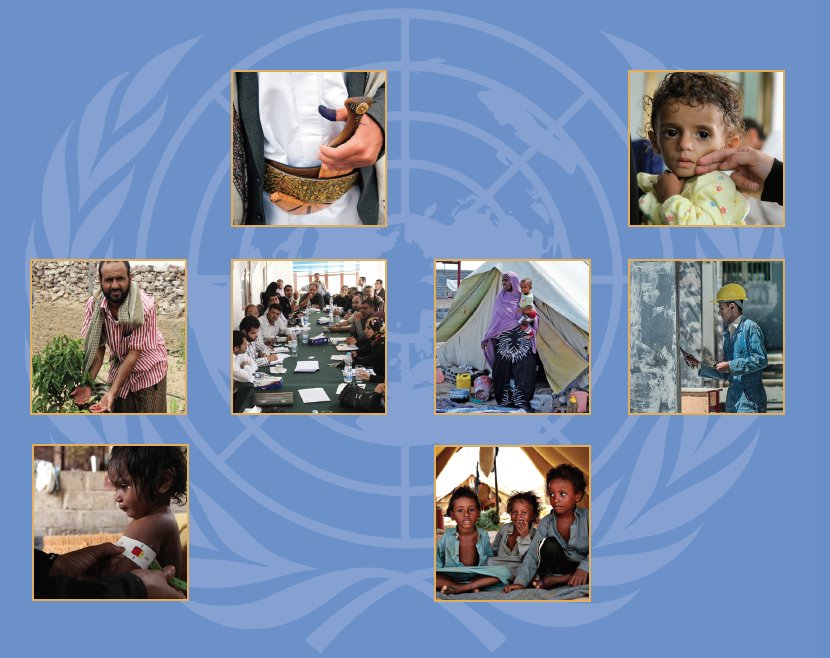If US Won’t Stop War on Yemen, UN Should
YemenExtra
SH.A.
It is time for the United Nations to implement a full ban on Western and US arms sales to Saudi Arabia, that’s because the US Senate has once again authorized the War Party and the Military-Industrial Complex to continue their support for Saudi Arabia’s illegal war on Yemen.
To that end, SJ Res 54, the Senate’s War Powers Act challenge to the US military involvement in the Yemen War, was killed Tuesday by the Senate, meaning it will not get a direct floor vote. The bill noted that Congress never authorized the Yemen War, and would’ve compelled the US to withdraw its participation. The bill went nowhere.
For some good reasons, the Trump Administration has lauded Senate’s cowardly move, the same regime that last year sold Riyadh weapons, including cluster bombs, worth over $100 billion dollars. This is while international opposition to the Yemen War rests heavily on the massive number of civilians killed in US-backed, Saudi airstrikes. That the US involvement was never authorized by the UN is another big issue, though this was the first attempt by the Senate to actually challenge a conflict over War Powers Act violations.
Still unauthorized, the war remains illegal under International Law and the UN Charter, meaning, there has to be some legal challenges at the UN and the Security Council, even if the US is a member with veto power. After all, a majority of member states oppose this dirty war and would vote against it if given the chance.
This will be great news, but it’s long past overdue – and still not enough. US companies – the makers of weapons sold to Saudi Arabia – have profited far too long off the death and destruction caused by their products placed in Saudi hands. They should also be held to account for aiding and abetting the Saudis in this murderous campaign.
Due to the indiscriminate killing caused by America’s horrific weapons, both the Saudis and their regional allies should also be held to account. Saudi Arabia has used American bombs as a part of a three-year-long assault on Yemen, which has resulted in the death of more than 17,000 people – at least half of them civilians. The Saudis have also used American-made F-15s and other weapons sold to them by American companies and approved by the State Department for actions that have victimized Yemeni civilians – and which have been condemned by many as war crimes, including the UN Human Rights Council, Amnesty International, and Doctors Without Borders.
Saudi Arabia’s war on Yemen has led to conditions the United Nations has characterized as a “humanitarian catastrophe.” Over 12 million people are in need of humanitarian aid. An estimated 7.6 million Yemenis are now “severely food-insecure” and over 3.4 million children are unable to attend school. Some 2.5 million people are internally displaced, and the GDP in 2015 contracted by 28 percent, which can only prolong the turmoil in the country after Saudi Arabia finally leaves.
Faced with these horrifying statistics, the UN listed the Saudi-led coalition in Yemen on its blacklist of children’s’ human rights violators. But only days after the publication of the list, its secretary general caved under bullying from the Saudis and their Persian Gulf allies, who threatened to cut UN funding for humanitarian programs. Faced with this dire prospect, the UN reluctantly removed Saudi Arabia from the list. This is while human rights groups around the world continue to condemn the Saudi pressure tactics and the backtracking by the UN, but to no avail. Saudi Arabia remains protected in global politics by paying off and purchasing the political influence of powerful states such as the US which claims to protect human rights above all else.
In addition to the war on Yemen, Saudi Arabia has waged war against other countries in the region. In 2011, fearing an overthrow of their neighbor’s reigning Sunni monarchy by a protesting Shiite majority, Saudi Arabia invaded Bahrain with US-made tanks, brutally crushing a budding pro-democracy movement. In 2013, the Saudi regime supported the overthrow of Mohamed Morsi, Egypt’s first freely elected president, and the installation of General Abdel Fattah el-Sisi.
Now that the international civil society has woken up to the horrors of the Saudi use of American bombs and US government complicity in Saudi war crimes, the UN has a duty to exert pressure on Washington and other Western governments to stop supporting weapon sales to the Saudis, as called for by the European Parliament and implemented by some members. It’s unconscionable for the Western governments to sell any additional weapons to this repressive regime. It’s time to implement a full ban on arms sales to Saudi Arabia before its fledgling de facto ruler Mohammed bin Salman starts yet another war in this geopolitically most important world region. If the western states continue this shortsighted policy of profiteering, then they will be forced to incur financial and economic losses hundreds of times large in size due to wartime skyrocketing energy prices in future.
Source:Website

